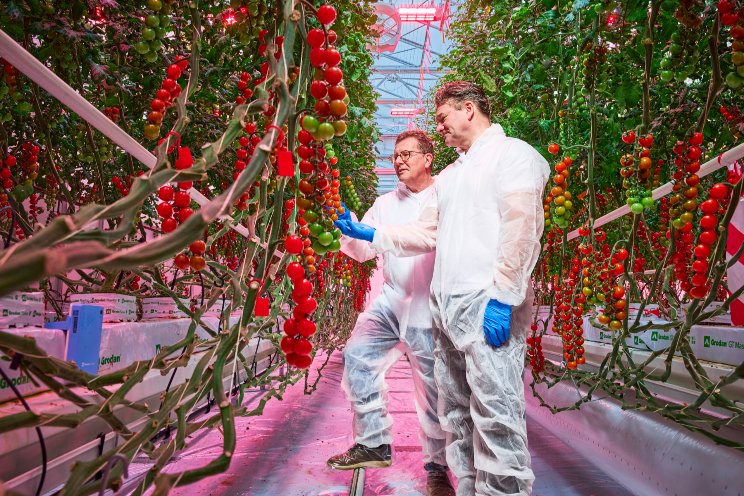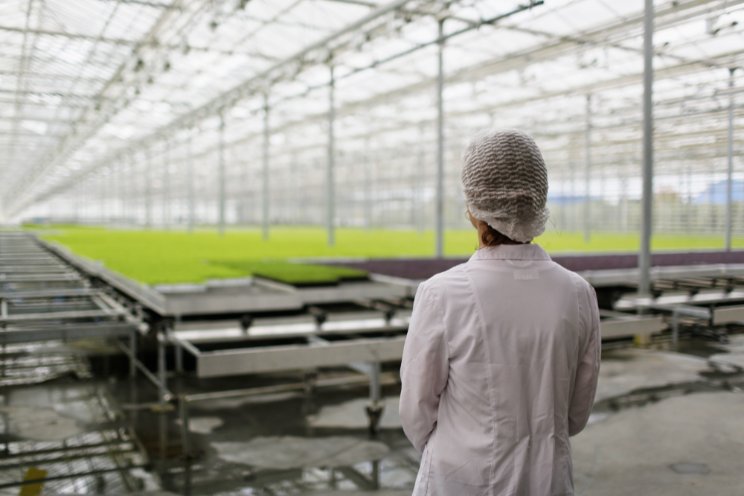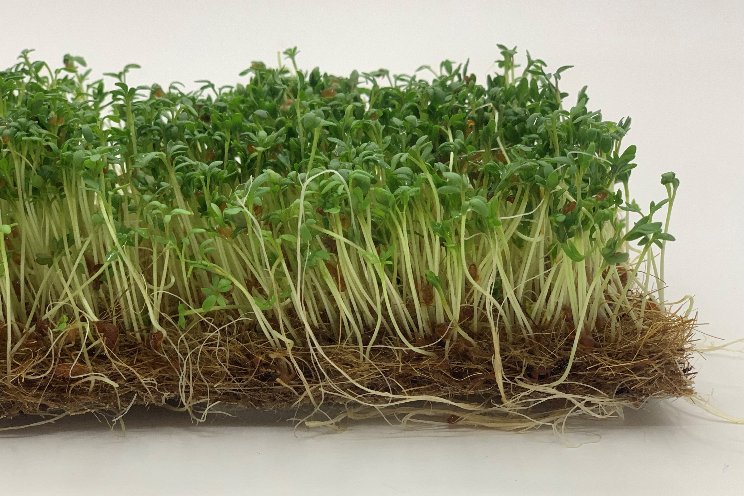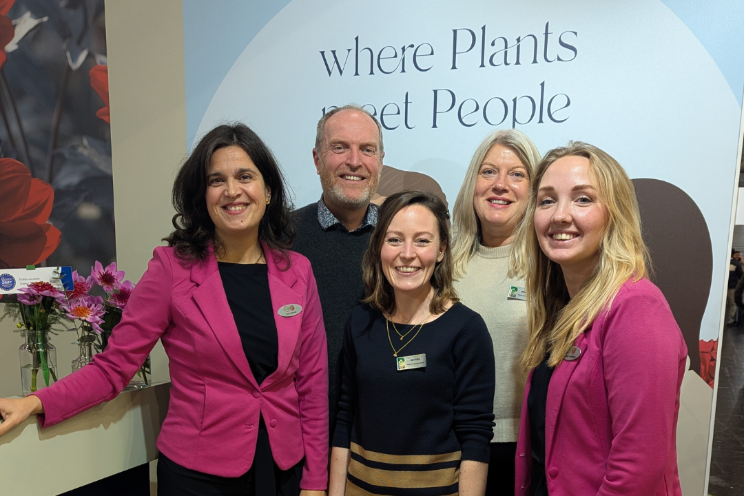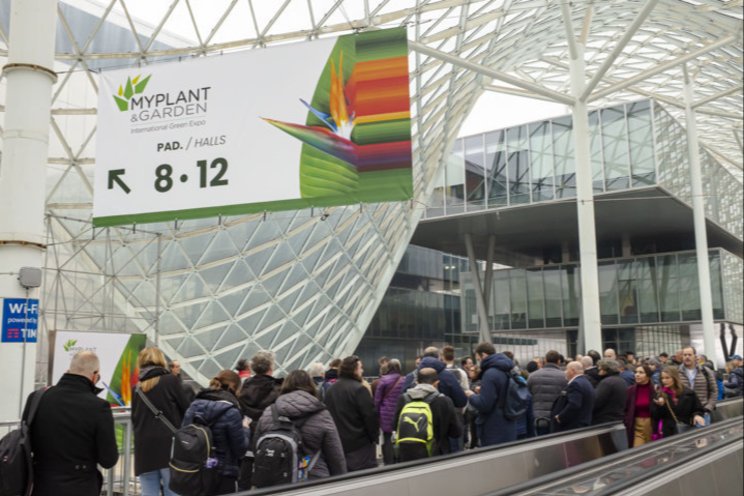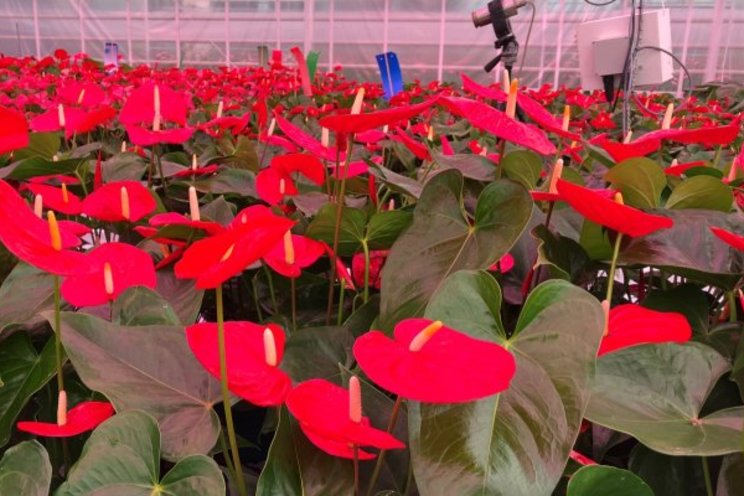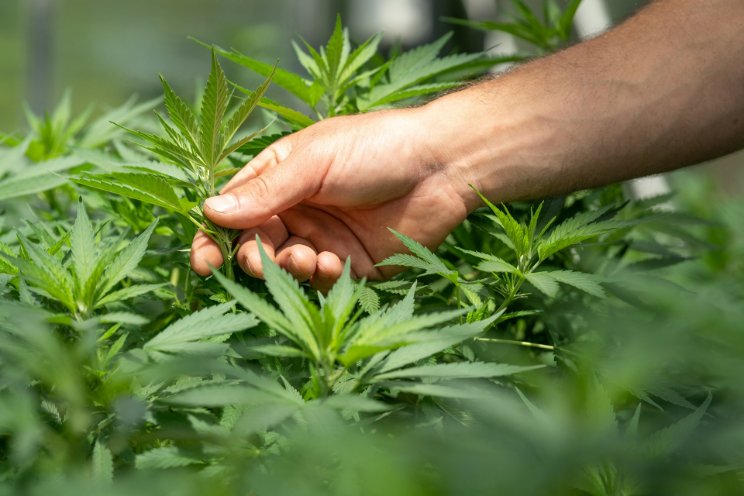USDA Funds Re-Nuble's $4.6M ‘Circular Solutions for Resilient Farms’ Initiative to Support Underserved US Farms
Added on 24 January 2025
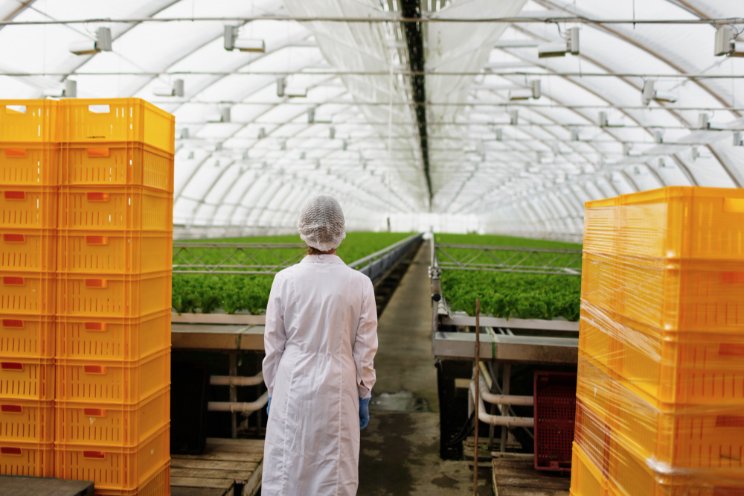
The project, part of the USDA’s Partnerships for Climate-Smart Commodities program, helps small and underserved farms in New York, Michigan, Mississippi, and Kentucky transform food waste into valuable agricultural inputs. Using Black Soldier Fly farming technology, food waste is processed into insect frass—a nutrient-rich agricultural amendment that improves overall soil health, boosts crop yields, and increases farm revenue. Participating farms will apply the insect frass to the soil in which specific commodities must be grown, namely alfalfa, apples, corn, hemp, leafy greens, squash, or tomatoes.
Re-Nuble contributes expertise in producing sustainable soil inputs, Chapul Farms offers advanced insect farming systems, and the IPM Institute specializes in analyzing agricultural greenhouse gas emissions. Together, this team combines their unique expertise to support underserved farmers and improve soil health. Their collaborative efforts aim to demonstrate scalable, closed-loop solutions that not only turn waste streams into profitable resources for farmers but also advance environmental sustainability goals.
By combining this innovative, practical technology with regenerative agricultural methods, this project seeks to create a more sustainable and economically beneficial future for U.S. farmers. Tinia Pina, Founder and CEO of Re-Nuble, comments:
“We want to help farms across the nation grow food more sustainably without exposing them to the typical risks that a grower has to deal with when implementing a new farming practice on-site. There is a lot on the line for farms when they pivot their operations, so we knew we had to pick the right project partners who would understand the risks that farms will be taking on. Both Chapul Farms and IPM Institute are experts in their fields, and with all of our experiences combined, we know we can achieve this goal with and for the farms.”
Chapul Farms, recognized for its sustainable approach to protein production, plays a vital role in this initiative by demonstrating how insect farming can contribute to soil health and nutrient cycling:
“It’s exciting to see the USDA backing this project because we can now provide these farms, as early adopters, the financial and market incentives to trial new technologies such as insect farming. Partnering with Re-Nuble and the IPM Institute aligns perfectly with our mission to revolutionize food systems for a sustainable future and we’re eager to introduce insect frass as the future of nutrients for farms across the country,” says Patrick Crowley, CEO of Chapul Farms.
A significant value add of this project is the measurement, quantification, monitoring, and verification of the carbon and greenhouse gas (GHG) benefits associated with these newly implemented Climate Smart practices, which is being run by the IPM Institute. Ariel Larson, Director of the Sustainable Food Group at IPM Institute, says:
“Through our Sustainable Food Group, we have developed a highly skilled team that focuses on developing and implementing programs to advance sustainability in food and agriculture, including GHG emissions analysis. Our involvement in this project excites the whole team because it combines innovation and agricultural best practice adoption with direct financial and technical support for farmers, which is crucial when asking farms to trial new practices.”
This collaboration with Chapul Farms and the IPM Institute represents a significant step toward building a more resilient food system. Over the next three years, the project will work with 16 farms across the country, all of whom will receive a financial incentive for participating, to trial use of insect frass produced from food and crop “waste” on specific crops, including apples, alfalfa, corn, hemp, leafy greens, squash, or tomatoes.
This USDA Climate Smart Project is poised to significantly impact national agricultural practices, offering farmers the tools and knowledge needed to adopt climate-resilient methods that are economically viable and environmentally friendly. For more information on this project or for small and underserved farms in New York, Michigan, Mississippi, and Kentucky interested in participating, please visit https://re-nuble.com/pages/usda-climate-smart-project or contact media@re-nuble.com with the subject title [USDA CSC: Interested Farm Participant].
About Re-Nuble
Re-Nuble is a climate technology social enterprise that converts unrecoverable vegetative waste into a suite of affordable inputs to resolve the global agriculture and gardening sectors’ shortage of viable peat replacements and fertilizer options. Focused on circular material innovation,
Re-Nuble works with leading global agriculture brands to reduce the emissions from common synthetic consumables replacing them with effective, environmentally-safe alternatives.
About Chapul Farms
Chapul Farms is an insect agriculture project development company that designs, builds, and operates custom, commercial-scale Black Soldier Fly Larvae (BSFL) facilities and modular, containerized insect farms (CIF’s). Chapul Farms was established in 2012 and has validated itself as a global leader in insect agriculture. Chapul Farms project development business division designs, builds, and operates Black Soldier Fly Larvae (BSFL) farms to process/consume organics waste while producing all-natural, sustainable animal feed, pet food ingredients, and fertilizer (the byproducts of the BSFL consuming the organic waste), effectively using insect microbiology to close agricultural production loops.
About IPM Institute
IPM Institute has been working with organizations across agricultural supply chains for over 25 years to design, implement, measure and verify improved outcomes from sustainable agricultural programs and certifications. IPM Institute engages with growers, aggregators, distributors and food companies to collect data and analyze program impacts. IPM Institute is focused on advancing adoption of Integrated Pest Management and other sustainable agriculture best practices that mitigate pesticide-related risks, build soil health, reduce GHG emissions and build capacity, with clients ranging from tribal governments to large corporations and private foundations. Examples include American Farmland Trust, Clean Lakes Alliance, California Cut Flower Association, and others. Major clients include Walmart, Sysco, Honeybear Brands, D’Arrigo Brothers, Campbell’s and others.
More news
